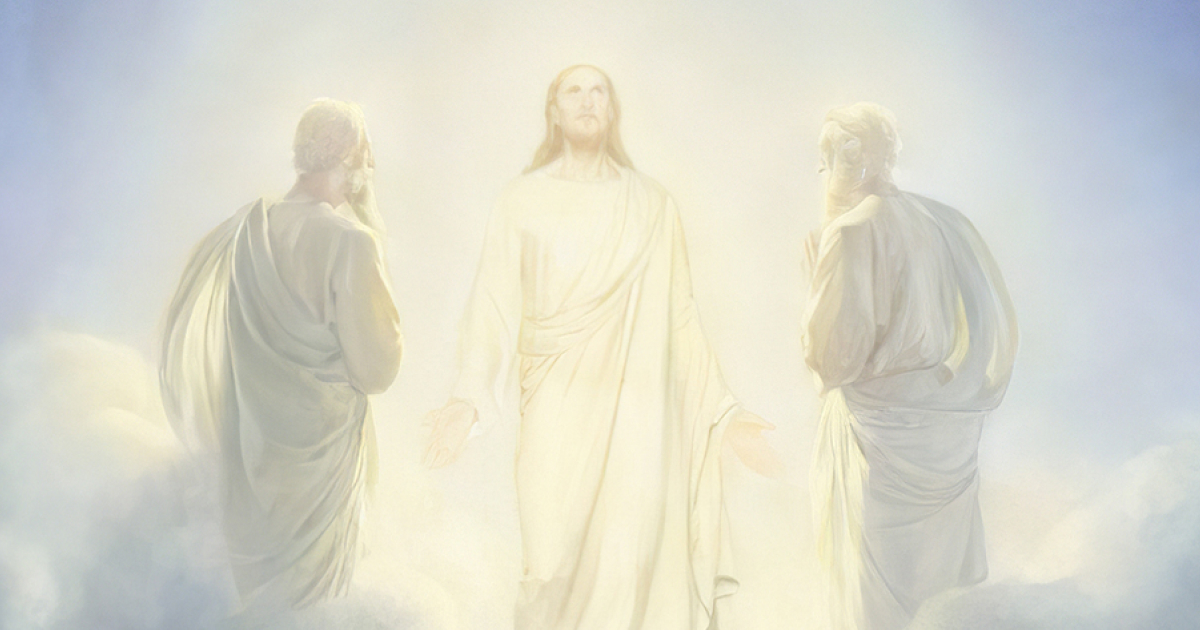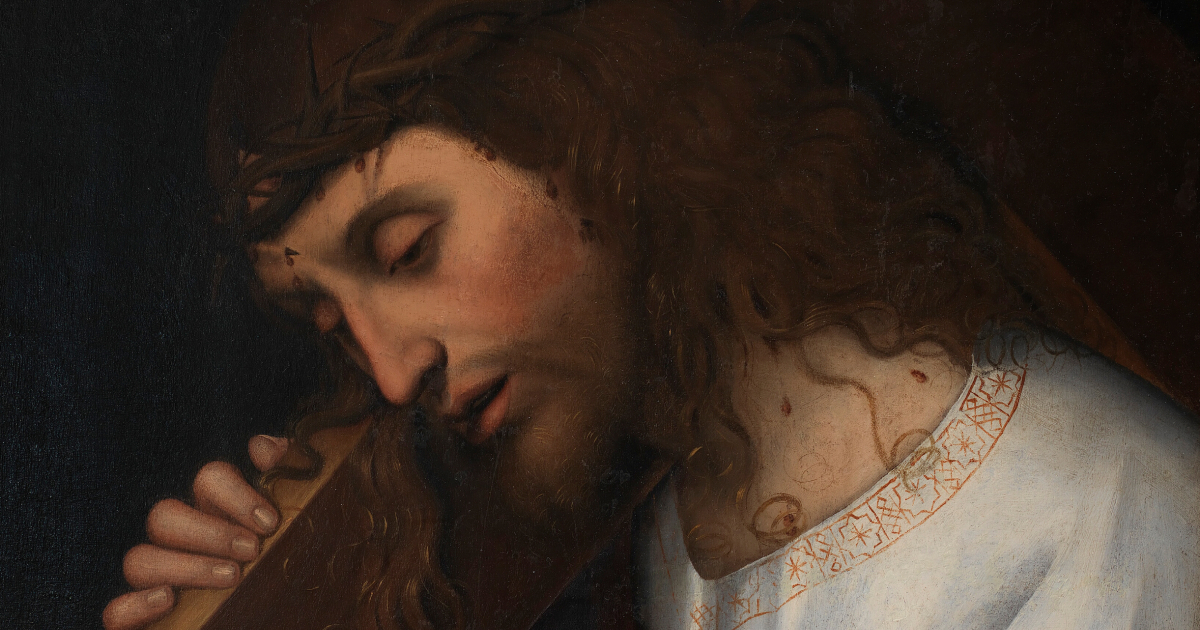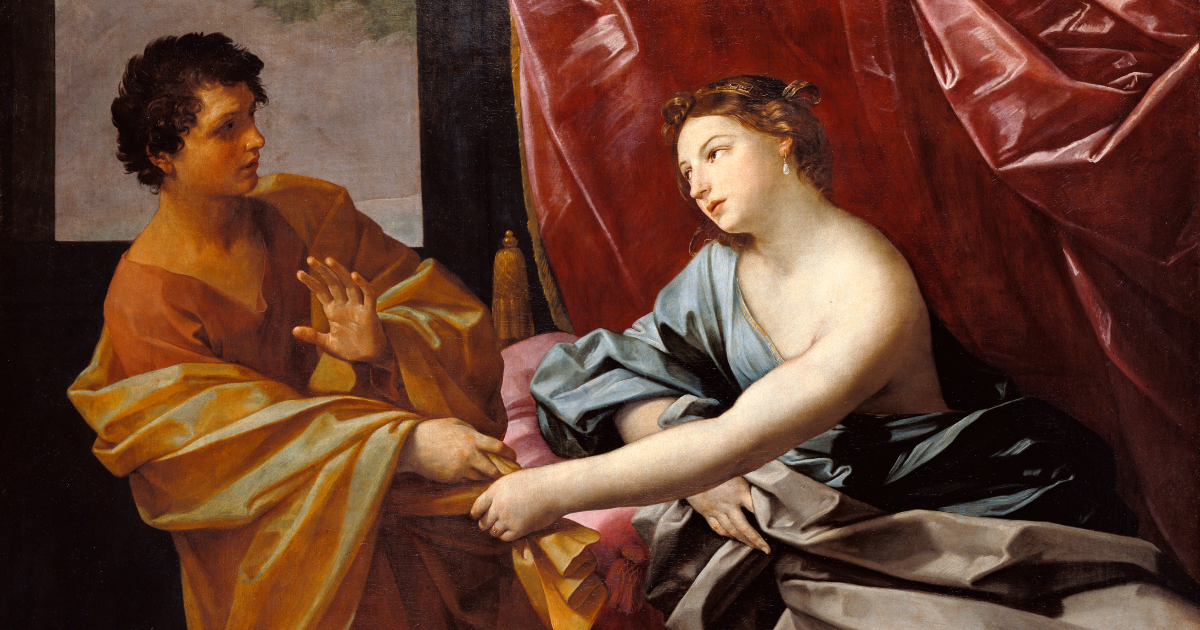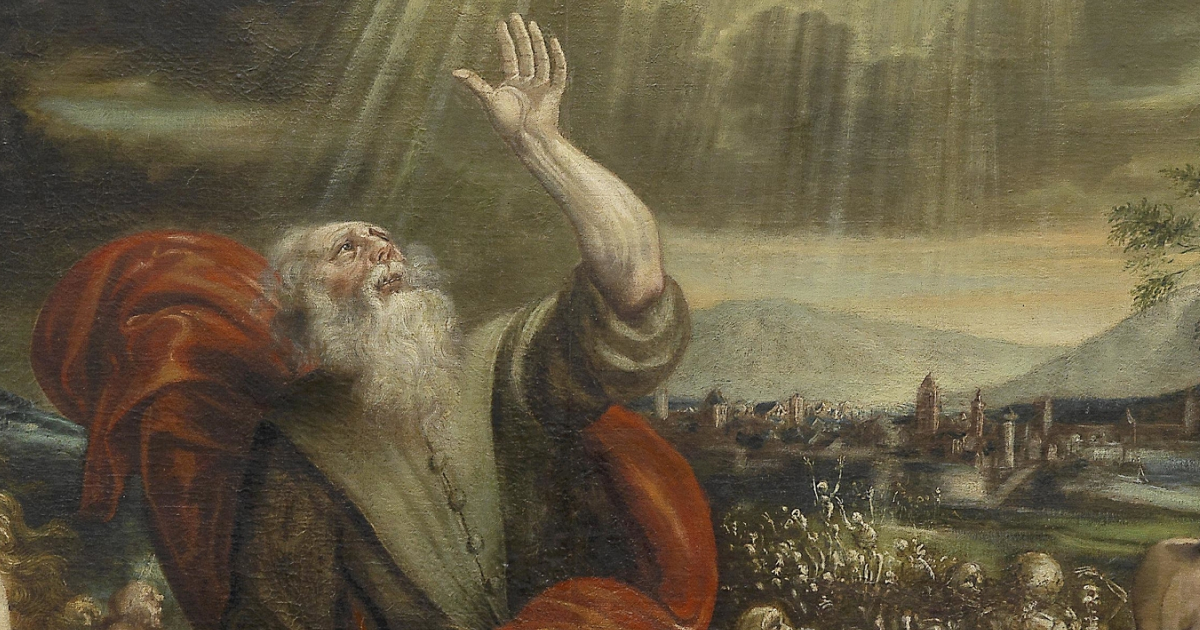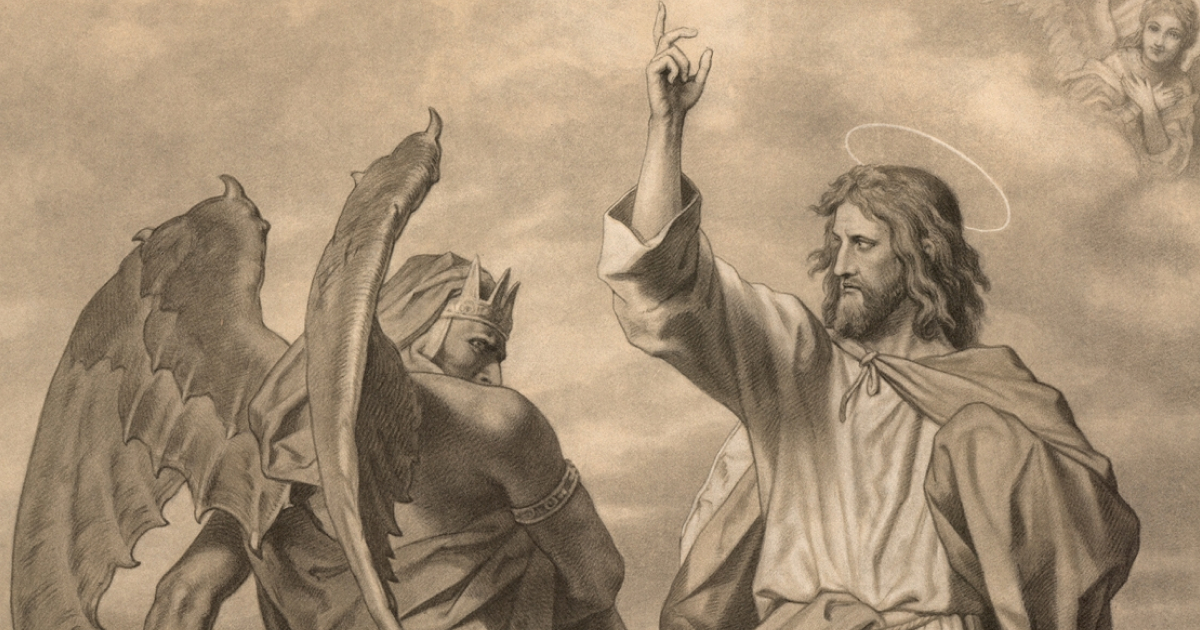It’s that time of year again, hence we asked a number of the Herald’s friends and contributors to share with readers those books, whether old and new, from all kind of genres, which they’re planning to catch up on over the next couple of months, sitting on poolside sun loungers, in jasmine-scented piazzas and breeze-cooled loggias – or while simply enjoying some well-earned recreation at home.
Books matter. Pope Francis recently wrote a comprehensive and deeply personal letter on the important role of literature in the formation of priests. The letter underscores the “value of reading novels and poems as part of one’s path to personal maturity”, and also as a means to counter the toxicity, superficiality and violence that dominates so much of the news cycle nowadays.
Based on that context, the Pope emphasises that his letter is addressed not just to those in formation, but to all Christians, urging them to, in effect, pick up a good book.
William Cash
After hearing a moving speech by Daniel Johnson about his late father at a dinner earlier this year, I rushed out to order a second-hand copy of Paul Johnson’s spiritual memoir, The Quest For God: A Personal Pilgrimage. Johnson’s memorably vivid style makes it feel as if you are listening in on a highly intelligent spiritual retreat. Next on the list is a brilliant academic detective work called Chaucer’s Tale. Written by Paul Strohm, a former JRR Tolkien Professor of English at Oxford, the book focuses on 1386 and is subtitled “the Road to Canterbury”. I found it riveting to learn that Geoffrey Chaucer had written The Canterbury Tales at a “rockbottom” point in his life. In the autumn of that year, Chaucer was marched out of his London digs, “humiliated” in parliament, let go from his job as a customs inspector and fled to anonymous and lonely exile in Kent, sans wife. The book is even better if read alongside Peter Ackroyd’s witty and colourful modern retelling of the tales, now out in paperback.
Melanie McDonagh
This summer I am going to seek out These Foolish Things, Dylan Jones’s memoir of a life that looks from outside like one long upward trajectory from a peripatetic childhood in London to the editorship of GQ magazine and a glittering existence at the apex of 1990s London. It now looks like a very different curve, from abuse as a child and rape as a teenager to emotional happiness and very different challenges as editor of the Evening Standard. He’s frank and funny and open, and his life story has life lessons. My other reading is Muriel Spark’s Loitering with Intent, whose heroine, Fleur Talbot, has so many of the attributes of the author – chiefly savage perceptiveness about human frailty and a rich sense of the absurd – that it could count as a memoir in the way of fiction. It’s a very funny story about a sinister snob called Sir Quentin Oliver and his Autobiographical Association, which he uses for exceptionally unpleasant purposes – but it’s also a genius intertwining of reality and fiction. Quite, quite brilliant..
Fr Albert Robertson OP
Fisher House is quiet over the summer, with the students having left Cambridge for the Long Vacation, so I will be spending August in the priory. This is usually a very fruitful time for me, helping me to keep the mountain of books on my bedside table to a manageable size. Near the top is Count Luna by Alexander Lernet-Holenia (1897-76), an Austrian author who wrote psychological novels about the invasion of otherworldly experience into the earthly realm. The eponymous character of this particular novel is chased around Europe by the spectre of a man whom he fears his actions may have sent to a concentration camp. Just above it on the pile is Lionel Shriver’s new novel, Mania, set in a world not all that different from our own. Examinations are discarded, all are considered to be equally intelligent, and the end of discrimination based on intelligence is the great new civil-rights campaign. In a world where smart is a dirty word, how do you refer to the ubiquitous tool of our age – the smartphone?
Julia Hamilton
This summer I’m hoping to get to Gozo for the Assumption. Coming with me will be Same As It Ever Was by Claire Lombardo, a newish and extremely talented voice on the American fiction scene. The novel concerns a woman of a certain age, happily married with children and living in the suburbs, whose past catches up with her. Same old, same old, perhaps, but I love fiction that’s character-driven, something at which Lombardo excels. After that I’ll be reading Long Island Compromise by Taffy Brodesser-Akner, which is partly the story of Jews in America. It’s another novel with finely drawn characters – in this case unlikeable adult siblings trying to manage the fallout from their scarred and traumatic upbringing. Then I’ll read The Story of My Father by yet another distinguished American novelist, Sue Miller, an account of her father’s descent into the grip of Alzheimer’s disease. It might sound a rather gloomy topic, but Miller is such a good writer that whatever she has to say about fathers and daughters will be food for thought.
Adam Dant
I’ve been making a new series of paintings about the City of London’s “origin myths” for an exhibition called The Reign at the Society of Antiquaries of London (which runs until 5 July), so recently there have been certain titles regularly on the go. Geoffrey of Monmouth’s ridiculous History of The Kings of Britain should be part of every British child’s introduction to the monarchy, with the fanciful notion that its lineage stretches back to Zeus. Its convincing and colourful chronology continues to inspire, testified by the continued presence of the giants Gog and Magog at the Lord Mayor’s Show. As a counter-narrative, I’ll also be rereading Bede’s Ecclesiastical History of the English People. The patron of my school in Cambridge, it was drummed into pupils that Bede was the creator of our most important national book. I’m also looking forward to reading Catherine Nixey’s Heresy, in which she focuses on the more questionable details of our common – in this case, Christian – history and the task of suppressing beliefs in Jesus-worshipping dragons, a flame-throwing Virgin Mary and talking donkeys.
Simon Caldwell
This summer I’m reading Brighton Rock by Graham Greene and A Man in Full by Tom Wolfe. I was a teenager the last time I enjoyed the former, though I fear I might, in my immaturity, have missed many of the nuances in Greene’s characters, not least that of Pinkie Brown, the Catholic gangster with a super natural sense of the monster he has become. Now I find Pinkie more Calvinistic than Catholic because of his conviction of pre-destined doom, which of course can also be explained as despair, a major sin against the Holy Spirit. Such food for thought is among the qualities which makes this work excellent. Then there are the characters, the pace, the mood, the action, the dialogue, the style. I’m already well into A Man in Full by an author who, rightly to my mind, was hailed as America’s answer to Dickens. Wolfe was a master of social realism and his stories are plausible and terrifically detailed. They fizz with fun and panache and are delightful to read. This work is no exception.
Joanna Bogle
A shared enthusiasm for proper, vintage-era detective stories gives visits to an elderly, housebound friend a special glow. Elspeth was young when Georgette Heyer and Dorothy L Sayers were producing their best work. This summer I will enjoy reading some of the Heyer books, which have a light touch and attention to important details. I will also read Mary Harrington’s Feminism Against Progress, and George Weigel’s To Sanctify the World: the Vital Legacy of Vatican II, both of which I have on hand. Harrington’s book is in a sense overdue – the message has been around for a while – but will our bureaucracy, quangos and NHS wordspinners, now wreathed in jargon and clichés, get the message? Weigel’s insights may help nourish a new generation of Catholics to take on the battle. It will involve a challenging and energetic time: I think it is going to be quite satisfying. He suggests that it will not be for the fainthearted, and I think he is right. A summer’s read for an autumn of new challenges.
Ken Craycraft
What happens when the winner of the Nobel Prize in Literature is a Catholic novelist and playwright of whom one has never heard? One dives into his work! Jon Fosse’s seven-novel sequence, Septology, published in three volumes, is a unique work in its form and style. It reflects postmodern techniques that call to mind novelists like Don DeLillo and Italo Calvino. But Fosse is more accessible, despite the intimidating appearance of 800 pages of prose. The novels span a week in the life of the aging painter Asle, leading up to its climax on Christmas Eve. Who is Asle? Combine St Augustine of Confessions, Dante of The Divine Comedy, and Binx Bolling, of Walker Percy’s best novel, The Moviegoer, and you get something like an answer. Asle’s meditations on identity, art, the silence of God, Catholic prayer and sacrament, death, and the human capacity for transcendence – all mediated through memory – take the reader into the depth of human experience to which most novelists can only aspire. Septology is a master piece, to which I will be returning this summer, and I hope in many to follow.
Archbishop Miguel Maury Buendía (Apostolic Nuncio to the Court of St James)
Finding the time to read is sometimes easier said than done for an Apostolic Nuncio. Nevertheless, in the quieter moments of this summer period, I am very much enjoying reading the Memoirs of Cardinal Ercole Consalvi (1757-1824). This book was kindly given to me during a recent visit to Rome by Archbishop Paul Gallagher, who also provided the preface to this collection of writings compiled by Fr Roberto Regoli. This year we marked the bicentenary of Cardinal Consalvi’s death; he was a man who skilfully helped guide the Church through a particularly turbulent period. His memoirs are a fascinating insight into the papal court of the end of the 18th century – which has more differences than similarities to the Vatican of today. The central part of the book revolves around the sufferings of the Church of Rome during the Napoleonic period, and in the conclave that elected Pope Pius VII and the first steps of Consalvi as Secretary of State. It’s interesting to note his connection with England, particularly through the Cardinal Duke of York, Henry Benedict Stuart (Bonnie Prince Charlie’s younger brother) and the contribution that Consalvi made – only realised after his death – to the full re-establishment of the Catholic Church in England.
RELATED: Taking stock of the UK riots: Catholicism and the crisis of Anglo-Celtic identity
Dom Hugh Somerville-Knapman
Facing the bittersweetness of preparing to leave one place for another, reading becomes a refuge and strength (not before God, of course). Two books have diverted me of late. First, for stolen moments, is The Collected Short Stories of Saki. HH Munro’s wordplay and epigrams rival, even equal, those of his near contemporary Oscar Wilde – though without Wilde’s atmosphere of decadence. Yet even as one giggles at the apparently shallow adventures of Reginald, Munro can intrude the gothic, as with “Gabriel-Ernest”, the lightsome darkness of which lingers after reading. Secondly is a more demanding read: Anthony Burgess’s Earthly Powers. This 1980 work is doused in the disturbed waters of the post-conciliar period, a religious work only partly and indirectly. Burgess skilfully renders vivid scenes and vibrant, often loathsome, characters. Next will be Charles Miller’s The Spiritual Adventures of Henri Matisse, which came out this year. Focusing on Matisse’s striking mid-century work at the Chapel of the Rosary in Vence, it should help me understand the phenomenon of the modern mind engaging with the ancient liturgy, with profound if sometimes unsettling results.
RELATED: Neo-liberal chaos: from the Olympics’ opening ceremony to the UK riots
Photo: A young girl reading in a cluttered corner of Foyles bookshop, London. (Photo by Chris Ware/Getty Images.)
This article appears in the Summer Special July/August 2024 issue of the Catholic Herald. To subscribe to our award-winning, thought-provoking magazine and have independent and high-calibre counter-cultural Catholic journalism delivered to your door anywhere in the world click HERE.
It’s that time of year again, hence we asked a number of the <em>Herald’s</em> friends and contributors to share with readers those books, whether old and new, from all kind of genres, which they’re planning to catch up on over the next couple of months, sitting on poolside sun loungers, in jasmine-scented piazzas and breeze-cooled loggias – or while simply enjoying some well-earned recreation at home.<br><br>Books matter. Pope Francis recently <a href="https://catholicherald.co.uk/pope-pens-heart-felt-letter-on-vital-role-of-novels-and-poems-for-all-christians/"><mark style="background-color:rgba(0, 0, 0, 0)" class="has-inline-color has-vivid-cyan-blue-color">wrote a comprehensive and deeply personal letter</mark></a> on the important role of literature in the formation of priests. The <a href="https://www.vatican.va/content/francesco/en/letters/2024/documents/20240717-lettera-ruolo-letteratura-formazione.html"><mark style="background-color:rgba(0, 0, 0, 0)" class="has-inline-color has-vivid-cyan-blue-color">letter</mark></a> underscores the “value of reading novels and poems as part of one’s path to personal maturity”, and also as a means to counter the toxicity, superficiality and violence that dominates so much of the news cycle nowadays.
Based on that context, the Pope emphasises that his letter is addressed not just to those in formation, but to all Christians, urging them to, in effect, pick up a good book.
<strong>William Cash</strong>
After hearing a moving speech by Daniel Johnson about his late father at a dinner earlier this year, I rushed out to order a second-hand copy of Paul Johnson’s spiritual memoir, <em>The Quest For God: A Personal Pilgrimage</em>. Johnson’s memorably vivid style makes it feel as if you are listening in on a highly intelligent spiritual retreat. Next on the list is a brilliant academic detective work called <em>Chaucer’s Tale</em>. Written by Paul Strohm, a former JRR Tolkien Professor of English at Oxford, the book focuses on 1386 and is subtitled “the Road to Canterbury”. I found it riveting to learn that Geoffrey Chaucer had written <em>The Canterbury Tales</em> at a “rockbottom” point in his life. In the autumn of that year, Chaucer was marched out of his London digs, “humiliated” in parliament, let go from his job as a customs inspector and fled to anonymous and lonely exile in Kent, sans wife. The book is even better if read alongside Peter Ackroyd’s witty and colourful modern retelling of the tales, now out in paperback.
<strong>Melanie McDonagh</strong>
This summer I am going to seek out T<em>hese Foolish Things</em>, Dylan Jones’s memoir of a life that looks from outside like one long upward trajectory from a peripatetic childhood in London to the editorship of <em>GQ</em> magazine and a glittering existence at the apex of 1990s London. It now looks like a very different curve, from abuse as a child and rape as a teenager to emotional happiness and very different challenges as editor of the <em>Evening Standard</em>. He’s frank and funny and open, and his life story has life lessons. My other reading is Muriel Spark’s <em>Loitering with Intent</em>, whose heroine, Fleur Talbot, has so many of the attributes of the author – chiefly savage perceptiveness about human frailty and a rich sense of the absurd – that it could count as a memoir in the way of fiction. It’s a very funny story about a sinister snob called Sir Quentin Oliver and his Autobiographical Association, which he uses for exceptionally unpleasant purposes – but it’s also a genius intertwining of reality and fiction. Quite, quite brilliant..
<strong>Fr Albert Robertson OP</strong><br><br>Fisher House is quiet over the summer, with the students having left Cambridge for the Long Vacation, so I will be spending August in the priory. This is usually a very fruitful time for me, helping me to keep the mountain of books on my bedside table to a manageable size. Near the top is <em>Count Luna</em> by Alexander Lernet-Holenia (1897-76), an Austrian author who wrote psychological novels about the invasion of otherworldly experience into the earthly realm. The eponymous character of this particular novel is chased around Europe by the spectre of a man whom he fears his actions may have sent to a concentration camp. Just above it on the pile is Lionel Shriver’s new novel, <em>Mania</em>, set in a world not all that different from our own. Examinations are discarded, all are considered to be equally intelligent, and the end of discrimination based on intelligence is the great new civil-rights campaign. In a world where smart is a dirty word, how do you refer to the ubiquitous tool of our age – the smartphone?
<strong>Julia Hamilton</strong><br><br>This summer I’m hoping to get to Gozo for the Assumption. Coming with me will be <em>Same As It Ever Was </em>by Claire Lombardo, a newish and extremely talented voice on the American fiction scene. The novel concerns a woman of a certain age, happily married with children and living in the suburbs, whose past catches up with her. Same old, same old, perhaps, but I love fiction that’s character-driven, something at which Lombardo excels. After that I’ll be reading <em>Long Island Compromise</em> by Taffy Brodesser-Akner, which is partly the story of Jews in America. It’s another novel with finely drawn characters – in this case unlikeable adult siblings trying to manage the fallout from their scarred and traumatic upbringing. Then I’ll read <em>The Story of My Father </em>by yet another distinguished American novelist, Sue Miller, an account of her father’s descent into the grip of Alzheimer’s disease. It might sound a rather gloomy topic, but Miller is such a good writer that whatever she has to say about fathers and daughters will be food for thought.
<strong>Adam Dant</strong><br><br>I’ve been making a new series of paintings about the City of London’s “origin myths” for an exhibition called<em> The Reign</em> at the Society of Antiquaries of London (which runs until 5 July), so recently there have been certain titles regularly on the go. Geoffrey of Monmouth’s ridiculous <em>History of The Kings of Britain </em>should be part of every British child’s introduction to the monarchy, with the fanciful notion that its lineage stretches back to Zeus. Its convincing and colourful chronology continues to inspire, testified by the continued presence of the giants Gog and Magog at the Lord Mayor’s Show. As a counter-narrative, I’ll also be rereading Bede’s <em>Ecclesiastical History of the English People</em>. The patron of my school in Cambridge, it was drummed into pupils that Bede was the creator of our most important national book. I’m also looking forward to reading Catherine Nixey’s <em>Heresy</em>, in which she focuses on the more questionable details of our common – in this case, Christian – history and the task of suppressing beliefs in Jesus-worshipping dragons, a flame-throwing Virgin Mary and talking donkeys.
<strong>Simon Caldwell</strong>
This summer I’m reading <em>Brighton Rock</em> by Graham Greene and <em>A Man in Full</em> by Tom Wolfe. I was a teenager the last time I enjoyed the former, though I fear I might, in my immaturity, have missed many of the nuances in Greene’s characters, not least that of Pinkie Brown, the Catholic gangster with a super natural sense of the monster he has become. Now I find Pinkie more Calvinistic than Catholic because of his conviction of pre-destined doom, which of course can also be explained as despair, a major sin against the Holy Spirit. Such food for thought is among the qualities which makes this work excellent. Then there are the characters, the pace, the mood, the action, the dialogue, the style. I’m already well into <em>A Man in Full </em>by an author who, rightly to my mind, was hailed as America’s answer to Dickens. Wolfe was a master of social realism and his stories are plausible and terrifically detailed. They fizz with fun and panache and are delightful to read. This work is no exception.
<strong>Joanna Bogle</strong>
A shared enthusiasm for proper, vintage-era detective stories gives visits to an elderly, housebound friend a special glow. Elspeth was young when Georgette Heyer and Dorothy L Sayers were producing their best work. This summer I will enjoy reading some of the Heyer books, which have a light touch and attention to important details. I will also read Mary Harrington’s <em>Feminism Against Progress</em>, and George Weigel’s <em>To Sanctify the World: the Vital Legacy of Vatican II</em>, both of which I have on hand. Harrington’s book is in a sense overdue – the message has been around for a while – but will our bureaucracy, quangos and NHS wordspinners, now wreathed in jargon and clichés, get the message? Weigel’s insights may help nourish a new generation of Catholics to take on the battle. It will involve a challenging and energetic time: I think it is going to be quite satisfying. He suggests that it will not be for the fainthearted, and I think he is right. A summer’s read for an autumn of new challenges.
<strong>Ken Craycraft</strong>
What happens when the winner of the Nobel Prize in Literature is a Catholic novelist and playwright of whom one has never heard? One dives into his work! Jon Fosse’s seven-novel sequence, <em>Septology</em>, published in three volumes, is a unique work in its form and style. It reflects postmodern techniques that call to mind novelists like Don DeLillo and Italo Calvino. But Fosse is more accessible, despite the intimidating appearance of 800 pages of prose. The novels span a week in the life of the aging painter Asle, leading up to its climax on Christmas Eve. Who is Asle? Combine St Augustine of <em>Confessions</em>, Dante of <em>The Divine Comedy</em>, and Binx Bolling, of Walker Percy’s best novel, <em>The Moviegoer</em>, and you get something like an answer. Asle’s meditations on identity, art, the silence of God, Catholic prayer and sacrament, death, and the human capacity for transcendence – all mediated through memory – take the reader into the depth of human experience to which most novelists can only aspire. <em>Septology</em> is a master piece, to which I will be returning this summer, and I hope in many to follow.
<strong>Archbishop Miguel Maury Buendía</strong> (Apostolic Nuncio to the Court of St James)
Finding the time to read is sometimes easier said than done for an Apostolic Nuncio. Nevertheless, in the quieter moments of this summer period, I am very much enjoying reading the <em>Memoirs of Cardinal Ercole Consalvi </em>(1757-1824). This book was kindly given to me during a recent visit to Rome by Archbishop Paul Gallagher, who also provided the preface to this collection of writings compiled by Fr Roberto Regoli. This year we marked the bicentenary of Cardinal Consalvi’s death; he was a man who skilfully helped guide the Church through a particularly turbulent period. His memoirs are a fascinating insight into the papal court of the end of the 18th century – which has more differences than similarities to the Vatican of today. The central part of the book revolves around the sufferings of the Church of Rome during the Napoleonic period, and in the conclave that elected Pope Pius VII and the first steps of Consalvi as Secretary of State. It’s interesting to note his connection with England, particularly through the Cardinal Duke of York, Henry Benedict Stuart (Bonnie Prince Charlie’s younger brother) and the contribution that Consalvi made – only realised after his death – to the full re-establishment of the Catholic Church in England.
<strong><em>RELATED: <a href="https://catholicherald.co.uk/taking-stock-of-the-uk-riots-catholicism-and-the-crisis-of-anglo-celtic-identity/?swcfpc=1"><mark style="background-color:rgba(0, 0, 0, 0)" class="has-inline-color has-vivid-cyan-blue-color">Taking stock of the UK riots: Catholicism and the crisis of Anglo-Celtic identity</mark></a></em></strong><br><br><strong>Dom Hugh Somerville-Knapman</strong>
Facing the bittersweetness of preparing to leave one place for another, reading becomes a refuge and strength (not before God, of course). Two books have diverted me of late. First, for stolen moments, is <em>The Collected Short Stories of Saki</em>. HH Munro’s wordplay and epigrams rival, even equal, those of his near contemporary Oscar Wilde – though without Wilde’s atmosphere of decadence. Yet even as one giggles at the apparently shallow adventures of Reginald, Munro can intrude the gothic, as with “Gabriel-Ernest”, the lightsome darkness of which lingers after reading. Secondly is a more demanding read: Anthony Burgess’s <em>Earthly Powers</em>. This 1980 work is doused in the disturbed waters of the post-conciliar period, a religious work only partly and indirectly. Burgess skilfully renders vivid scenes and vibrant, often loathsome, characters. Next will be Charles Miller’s <em>The Spiritual Adventures of Henri Matisse</em>, which came out this year. Focusing on Matisse’s striking mid-century work at the Chapel of the Rosary in Vence, it should help me understand the phenomenon of the modern mind engaging with the ancient liturgy, with profound if sometimes unsettling results.<br><br><strong><em>RELATED: <a href="https://catholicherald.co.uk/neo-liberal-chaos-from-the-olympics-opening-ceremony-to-the-uk-riots/?swcfpc=1"><mark style="background-color:rgba(0, 0, 0, 0)" class="has-inline-color has-vivid-cyan-blue-color">Neo-liberal chaos: from the Olympics’ opening ceremony to the UK riots</mark></a></em></strong>
<em>Photo: A young girl reading in a cluttered corner of Foyles bookshop, London. (Photo by Chris Ware/Getty Images.)</em><br><br><strong><strong>This article appears in the Summer Special July/August 2024 issue of the <em>Catholic Herald</em>. To subscribe to our award-winning, thought-provoking magazine and have independent and high-calibre counter-cultural Catholic journalism delivered to your door anywhere in the world click <a href="https://catholicherald.co.uk/subscribe/?swcfpc=1"><mark style="background-color:rgba(0, 0, 0, 0)" class="has-inline-color has-vivid-cyan-blue-color">HERE</mark></a></strong></strong>.









